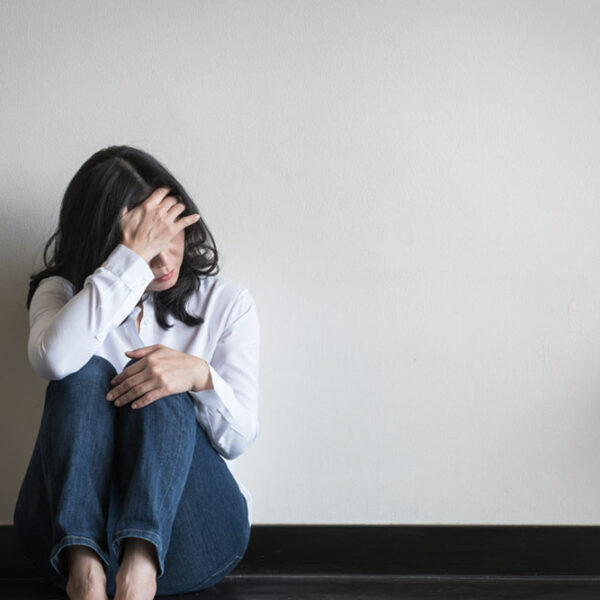Types Of Depression That You Need To Know
Though it is normal to feel low or sad once in a while, being sad most of the time is certainly not a healthy way to live. If you have clinical depression, you can treat it by taking medicines, talking to a therapist, and making changes in your lifestyle. While there are many different types of depressions, there is always hope to make your situation better. While some of them are caused by some events in your life, some are also caused by chemical changes in your brain.

- Major depression: Is a situation where you feel low and depressed for most of the time (pretty much most of the week). You may lose interest and energy in your work or activities. You may gain or lose weight; you may not sleep at night or feel sleepy during the daytime. You may feel very irritated or slowed down and sluggish both physically and mentally. You may always feel tired, worthless, and guilty. You may even face trouble while making decisions. You may be marked as a patient of major depression if five or more of these symptoms are found in you on most days.
Talk therapy helps in this. You may consult with a mental health specialist, who could guide you to manage your depression. Antidepressants are also helpful in such cases. If medication does not work, doctors are known to use electroconvulsive therapy and repetitive transcranial magnetic stimulation.
- Persistent depressive disorder: if your depression is lasting for two years or more then it is known as a persistent depressive disorder. This term actually defines two terms; one is dysthymia and chronic major depression. You may feel the change in your appetite, which means not eating enough or overeating. You may sleep too much or not at all, you may feel a lack of energy or fatigue. You may suffer from low self-esteem. You may suffer problems while making decisions and feel hopeless. This kind of disorder could be treated with psychotherapy, medication, or a combination of both.
What is essentially important is not to lose hope and always remember that ‘this too shall pass’.





